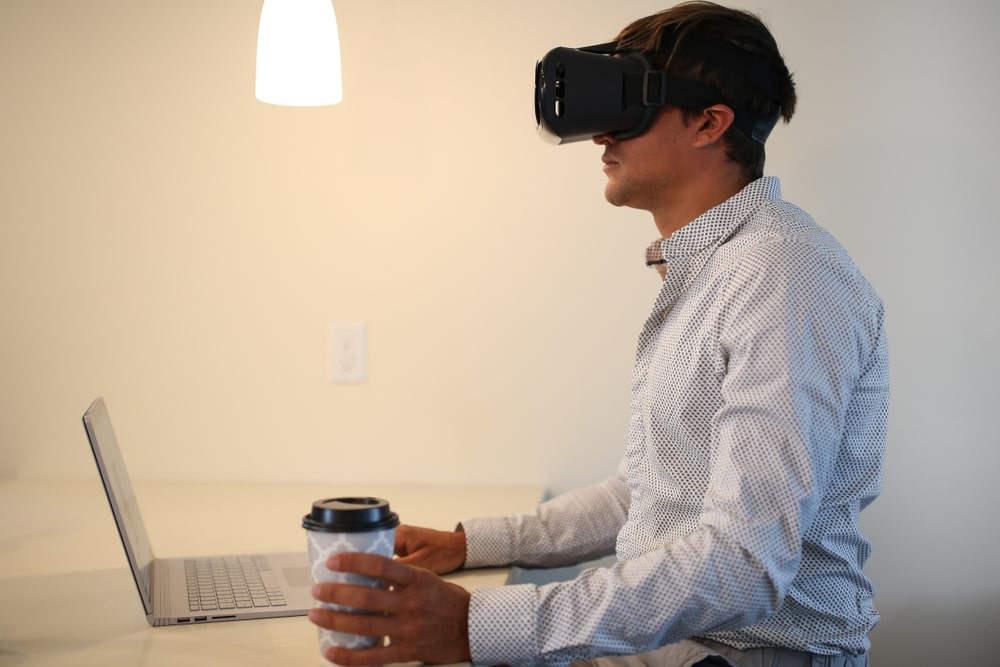The Merriam-Webster Dictionary defines a phobia as “an exaggerated usually inexplicable and illogical fear of a particular object, class of objects, or situation.” Certain fears are natural for teenagers to experience during adolescence, as it is a typical reaction to feeling vulnerable. Akin to all emotions, fear can be mild, moderate, or intense depending on the situation and the teen. Teenagers fear things or situations that make them feel unsure or unsafe. It is, however, atypical for a teen to experience intense, debilitating fear surrounding a potential danger. Specific phobia, also known as simple phobia, is a common type of anxiety disorder that extends beyond the average fear of random things that an adolescent may experience. Young people that struggle with this will go to extreme lengths to avoid being confronted with the source of their fear, and recovery requires professional treatment.
Benefits of Virtual Reality Exposure Therapy
Virtual Reality Exposure Therapy (VRET), also known as Virtual Reality Therapy (VRT), has shown several benefits for teenagers with phobias. VRET is a psychotherapeutic exposure modality that uses virtual reality technology to simulate real-life environments and situations in a controlled and immersive manner to promote healing. Columbia University Irving Medical Center explains that “VR therapy typically involves the use of a head-mounted display (VR goggles), headphones, and sensors that track an individual’s eye movement and position in space… [which] presents immersive, 3-D environments that transport individuals to a range of settings.” This affords therapists the flexibility to provide individualized, gradual exposures and tailored responses that can be modulated in the moment to accommodate the teen’s needs. In studies reviewing the neurological implications of virtual reality therapy, scans have shown that the regions in the brain associated with social skills and those sections that exchange information during social interactions are heightened in teenagers after completing VRET. One research team at the Lucile Packard Children’s Hospital Stanford has demonstrated, the use of virtual reality can offer the capacity to engage teenagers in a way that draws their attention away from their worries. VRET offers teenagers a way to learn and practice emotional regulation skills, such as cognitive reappraisal, in a safe, meaningful, and emotionally laden environment with real-time feedback, which can bolster emotional regulation. VRET can help reduce avoidance behaviors associated with phobias.
For Information and Support
Every family in need of mental health treatment must select a program that will best suit the needs of their family. When one member of a family struggles, it impacts everyone in the family unit. To maximize the benefits of treatment we work closely with the entire family to ensure that everyone is receiving the support they need through these difficult times.
Seeking help is never easy, but you are not alone! If you or someone you know needs mental health treatment, we strongly encourage you to reach out for help as quickly as possible. It is not uncommon for many mental health difficulties to impact a person’s life, long term. Pursuing support at the beginning of one’s journey can put the individual in the best position to learn how to manage themselves in a healthy way so they can go on to live happy and fulfilling lives.
OUR KNOWLEDGEABLE ADMISSIONS TEAM CAN BE REACHED 24/7 AT INFO@PACIFICRTC.COM OR CALL: 800-531-5769
We are available to answer any questions you may have regarding mental health treatment and our residential program, anytime. Contact us today using the form to the right.






